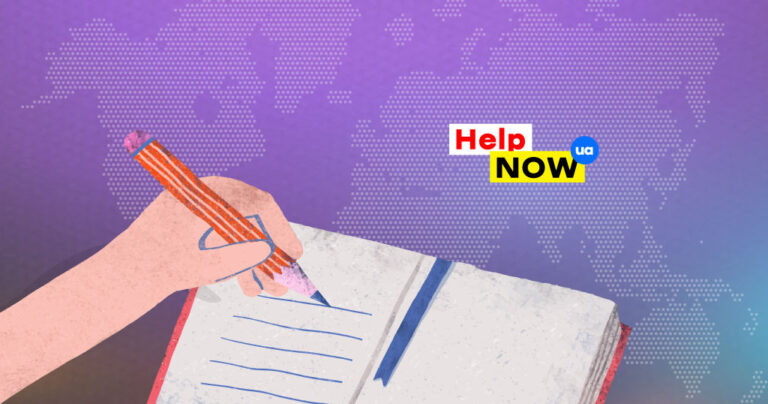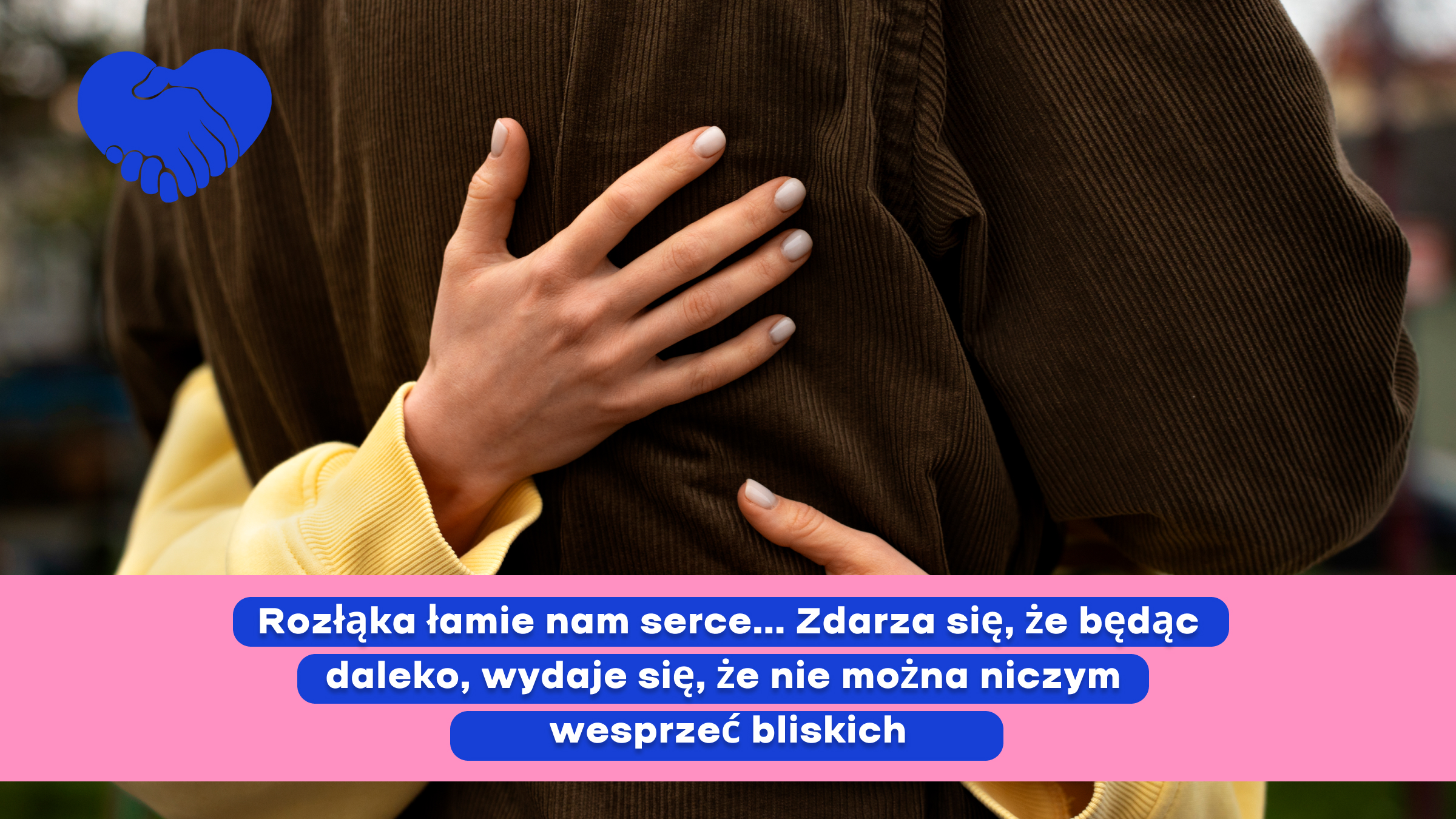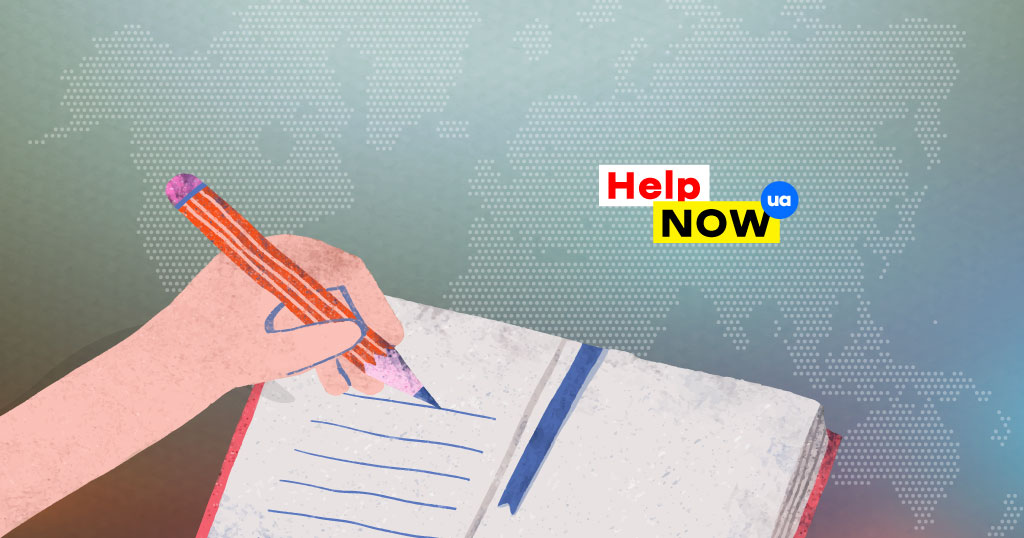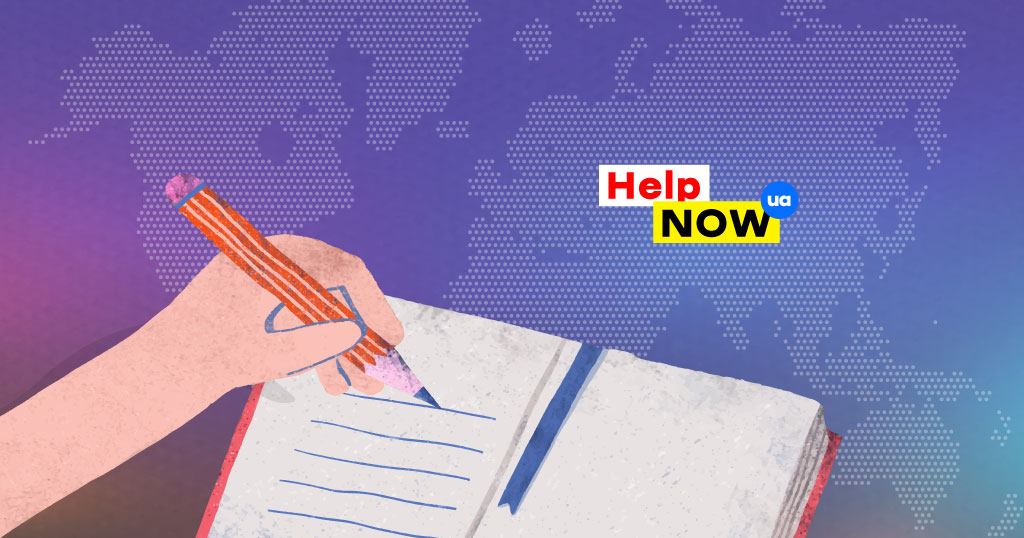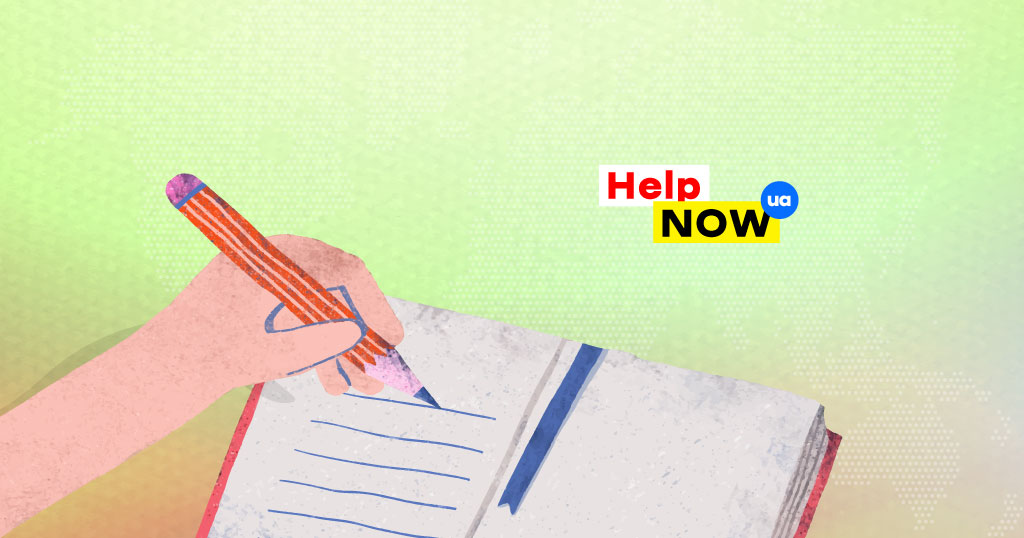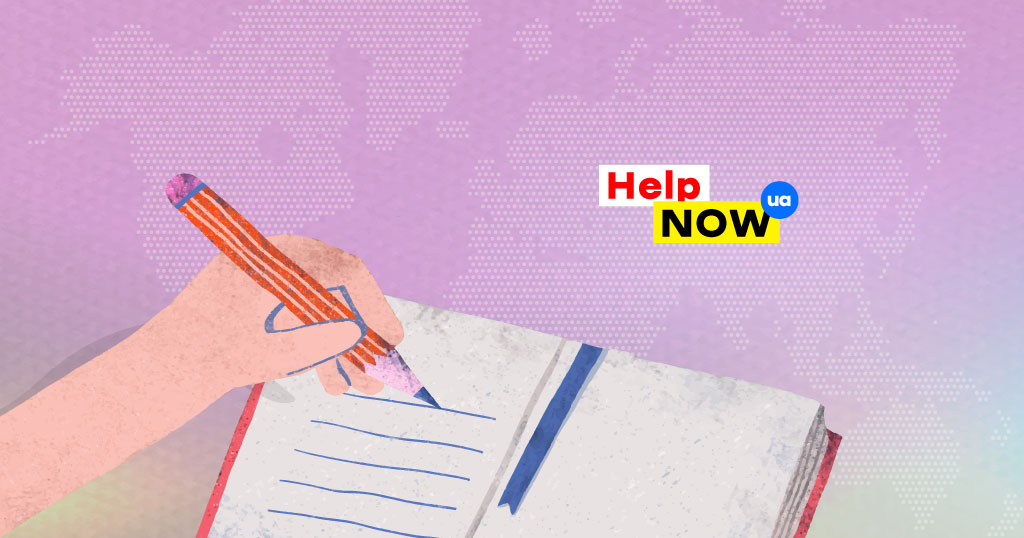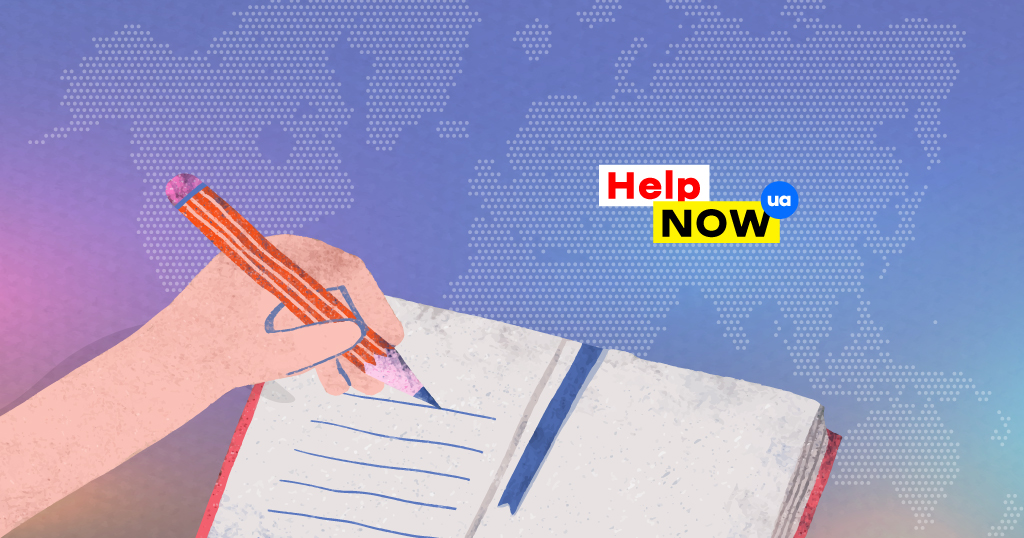My name is Liudmila. I am from Dnipro, and now I live in Hannover, Germany. I came here on March 15, 2022, to visit my daughter. In principle, I had a decision to leave Ukraine, and I was very scared. I knew I wasn’t alive! But how to leave everything? It was scary. My daughter came here with her grandchildren, and I came here by accident. I was in Poland on other business, and one friend offered to give me a lift to Hanover. In general, I decided to stop by my children and grandchildren for an hour, at least to kiss kids and return home. But this day stretched out for me for 11 days, and I realized that my home is where my family is.
Then I returned to Ukraine for two weeks because I worked, and a lot was tied to me (clients, projects) because I was a manager. I arrived, handed over the case, and returned to Hanover (already in April). I got super lucky. I did not go through the camp, and we immediately had a house outside the city for which we did not pay. Also, we did not pay for the communal, and the woman who gave it to us also helped with groceries. Within a few months, I had my own apartment. Aid for refugees was also issued relatively quickly – 5 months, which is fast for Germany.
I had to live for four or five months. I took many pills with me, but I understood that here I needed to integrate into the medical system because there may be some concomitant diseases at any moment.
Initially, I did not have insurance, but the social service gave a referral that covered an appeal to an infectious disease specialist. Here the system is basically similar to Ukrainian: a mandatory family doctor, without which you will not get anywhere. It is desirable to find a Russian-speaking doctor because it is difficult with translators. At first, I was a bit desperate, but I was helped by a colleague who works in a Polish hub. She gave me contacts of the German hub, where I was then redirected to the administrator of the land where I live. I really felt like A CUSTOMER. And I knew how to work.
I wanted to hear some good words. Therefore, I often called the administrator of the German hub, Oksana. I was so confused then that it was only necessary to hear her calm voice, and it was easier on my soul.
I discussed with her all medical issues and other issues where help was needed. HelpNowDe helped me make an appointment with my doctor. For a conversation on the phone, I would manage only the first two or three phrases. So I needed help.
There was another case. There was a suspicion that the thrombus broke off, and I had a fever. I started calling Oksana, and it was a weekend. Here in Germany, there is a panicky fear of calling an ambulance because you don’t know the system. They usually write in chats: “The ambulance arrived, set a fine of 800-1000 euros”, and you do not understand whether it is necessary to call or whether you really are so bad.
But as a doctor, Oksana said: “Call an ambulance immediately.” When I called the ambulance, we used the speakerphone with her, and Oksana was a translator. Likewise, she translated through a speakerphone when the ambulance arrived, which hospitalized me.
As for ART, I showed my pill packages to the doctor, and she changed me to another drug and prescribed me a child’s dosage. I immediately told the doctor that it was not suitable for me I would not drink this. But the doctor did not listen to me, and she said that they had such protocols. Then I found another doctor who had already prescribed me as it should be. Honestly, thanks to the girls from this project!
I am now approached by many Ukrainians in Germany, particularly those who are afraid of discrimination. Someone lives in the village and worries about what the neighbors discover about the virus. They are afraid to the point that they are ready to go to Ukraine or leave therapy.
In Germany, there is a list of diseases you must report, and this list does not include HIV. When I was brought to the ambulance, they began to ask me about my condition and whether there was hepatitis. I told them about HIV, and everything was OK.
The Germans are slow, and everything is very slow and calm here. Even in queues, people stand quietly, and no one hurries, likewise, with the documents in Jobcentre. I say that I have been without help for four months, and they answer that everything is at the processing stage and you need to wait.
Another good piece of advice is to start learning the language right away.
And most importantly, don’t be afraid. That’s not to be scared, because there is no reason to refuse any services here. After all, you are from Ukraine. Everyone is treated the same.
Now we have created a new organization here – PlusUkrDe for support and communication. A mutual support group has already been assembled in Hannover and there have been 6 meetings. We meet in person outside, in nature and our meetings are very rich and useful. This is very important when there is a community, and it is alive. These are the people you can talk to and rely on, and then it’s really easier to live. I help others and thereby help myself, even if there are demanding clients. And yet I feel like a client here, even when I go to Berlin for different meetings. This is the actual hand of mutual aid. It gives strength.
I played in the theater back in Ukraine, and now in Germany we organized and also play in the theater – playback, we meet in Berlin, in Hanover. The girls with whom I played in the theater in Ukraine also come to us now from Norway, Great Britain, from other cities in Germany, and we organize such events here in Germany. We invite members of the mutual support group to our events.
When I arrived here, I closed all my projects. I thought that I would not go into this auxiliary profession at all. I thought I would travel, walk in the woods, and ride a bicycle. And then I realized I couldn’t do it without it.
What should be added to the services of the service is integration. What I mean: for example, to gather groups of German and Ukrainian women to at least borrow something from everyday life, some rules, even some holidays.
I’m exploring how they celebrate different holidays because I live here. For example, I will also celebrate Orthodox Easter. This is to ensure that children remember their roots.
Ukraine will win, but what to do next? I plan to stay here, but it may not work out. I don’t know the language; nobody tells me about it in Jobcentre. We need high-quality advice from an expert to whom we can tell the truth so that they tell me what I need to do for this, and where to go to work.
I want to understand how to integrate into German society to feel more or less ordinary.
I believe that the work of the service is necessary, and it is necessary to continue it! The war in Ukraine continues, and people still come to Germany. And they need support, help with where to turn. This is VERY important to us. I talked to the evacuees here. Everyone says: this is the only project aimed at evacuated people. The rest of the projects are aimed at working with Ukraine.
I am by nature a positive person. And how many people with depression, how many people are simply pulled out of loops, because many people are already looking towards Ukraine, although they lived there worse. Here they have housing, and their children go to school and have funds for food and other needs. That is much better.
I want to thank this project and its administrators from the bottom of my heart! They understand that from a change of place in a person, problems become more and more.
I feel like I’m being seen and thought of!
For example, when they sent me this parcel with groceries, and before that, they sent me a questionnaire to fill out some products I needed, I felt I was “malnourished”. I had so much joy when I unpacked their parcel, like from my mother, when you come to visit my mother, she feeds you, although you are not hungry.
It’s cool, so work as long as you can. These are my wishes.

